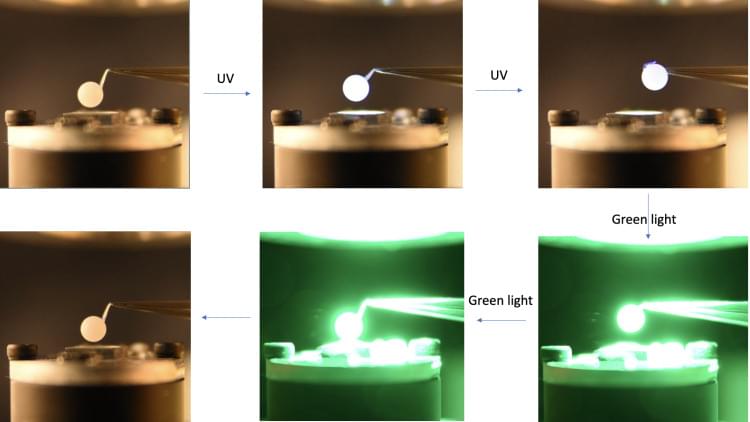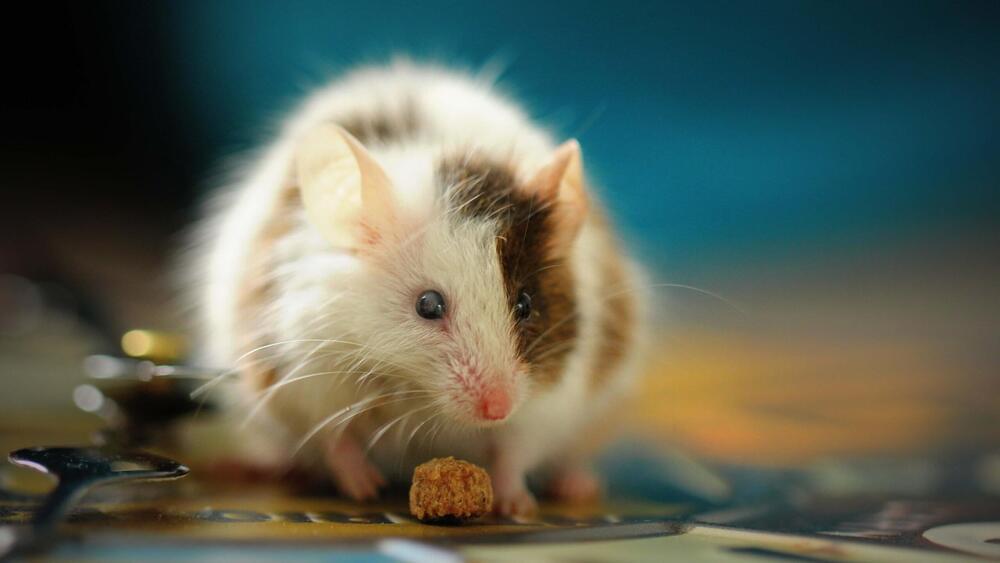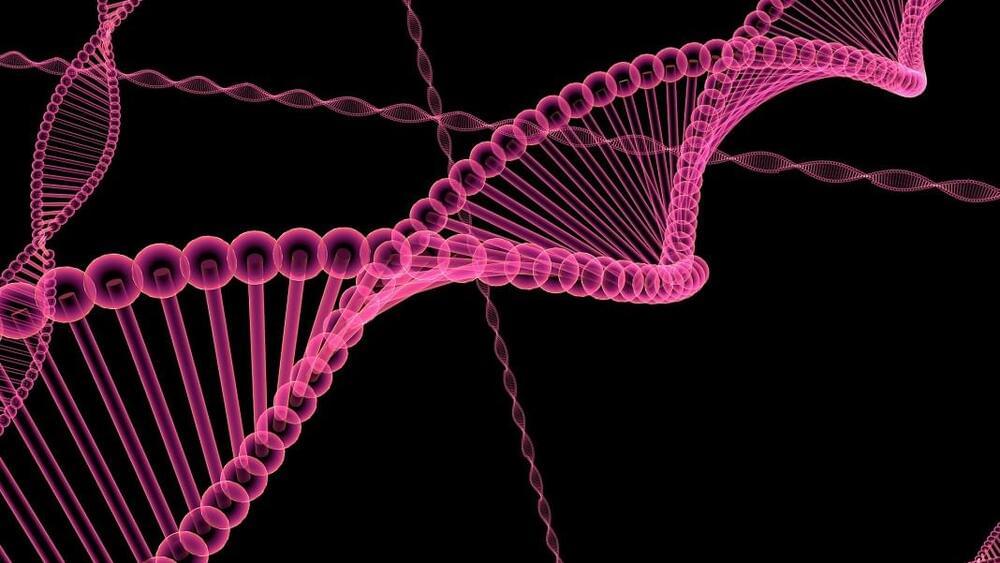“Microglia exhibit both maladaptive and adaptive roles in the pathogenesis of neurodegenerative diseases and have emerged as a therapeutic target for central nervous system (CNS) disorders, including those affecting the retina,” wrote the researchers. “Replacing maladaptive microglia, such as those impacted by aging or over-activation, with exogenous microglia that enable adaptive functions has been proposed as a potential therapeutic strategy for neurodegenerative diseases. To investigate the potential of microglial cell replacement as a strategy for retinal diseases, we first employed an efficient protocol to generate a significant quantity of human-induced pluripotent stem cells (hiPSC)-derived microglia.”
“Our understanding of microglia function comes predominantly from rodent studies due to the difficulty of sourcing human tissue and isolating the microglia from these tissues. But there are genetic and functional differences between microglia in mice and humans, so these studies may not accurately represent many human conditions,” explained lead author Wenxin Ma, a PhD, biologist at the Retinal Neurophysiology Section, National Eye Institute, National Institutes of Health.
“To address this concern, researchers have been growing human microglia from human stem cells. We wanted to take this a step further and see if we could transplant human microglia into the mouse retina, to serve as a platform for screening therapeutic drugs as well as explore the potential of microglia transplantation as a therapy itself,” added senior author Wai Wong, vice president of retinal disease, Janssen Research and Development.







